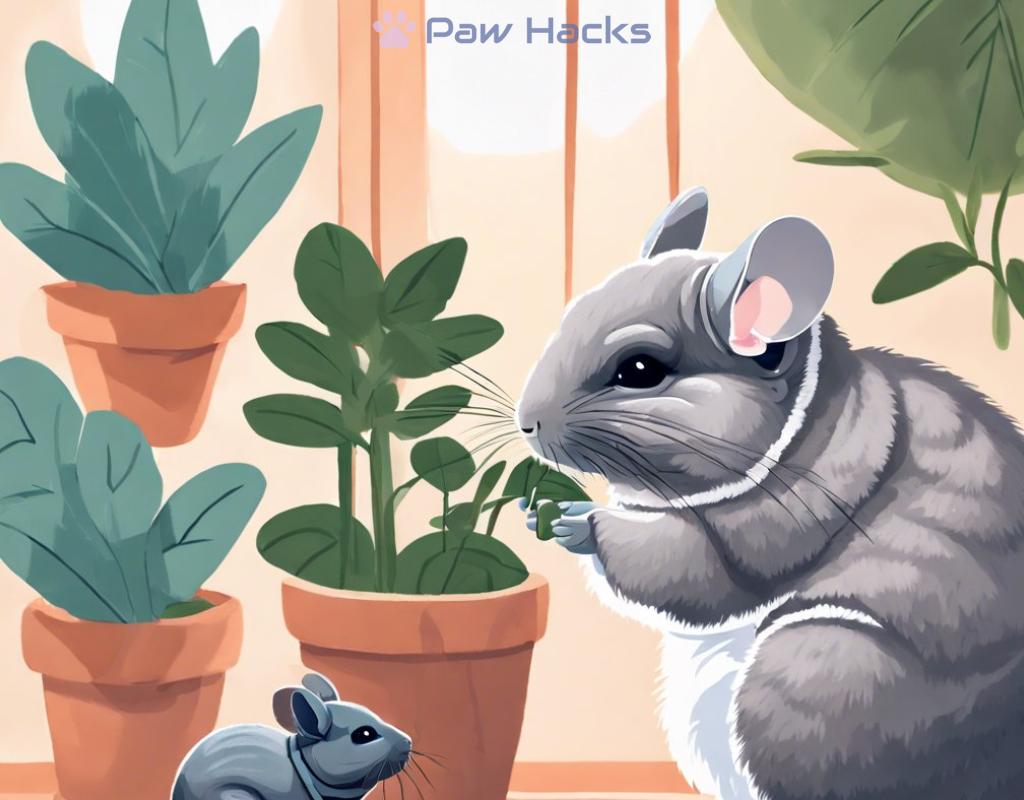Maintaining Healthy Beaks in Birds
The Importance of Beak Health

Birds are not just beautiful creatures; they are also living wonders of evolution with unique adaptations that help them thrive in their environments. One of the most crucial aspects of a bird’s health is its beak. A healthy beak is essential for feeding, grooming, and even communication. Just as we rely on our teeth for survival, birds depend on their beaks for a multitude of daily activities. But what does it take to maintain a healthy beak? Let’s delve deeper into the fascinating world of avian beak care.
Signs of Beak Health Issues
Recognizing the signs of beak health problems early can make a world of difference for your feathered friend. An unhealthy beak can lead to significant complications, including difficulty in eating, which can subsequently affect the bird’s overall health. Here are some red flags to watch out for:
- Discoloration: A healthy beak is typically uniform in color. Any dark spots or unusual hues can indicate underlying issues.
- Cracks and Chips: Just like our nails, bird beaks can chip or crack, leading to pain and infection.
- Overgrowth: Beaks that grow too long can hinder feeding and grooming behaviors.
- Softness: A beak that feels unusually soft can be a sign of nutritional deficiencies.
Being vigilant about these signs can empower bird owners to take prompt action to ensure their pet’s well-being.
Essential Care Tips for a Vibrant Beak
Your bird’s beak health is directly linked to its diet and environment. Just as we need a balanced diet to keep our teeth strong, birds require specific nutrients to maintain their beaks. Here are some essential tips to nurture those vital tools:
- Varied Diet: Incorporate a mix of seeds, fruits, and vegetables to provide essential vitamins and minerals.
- Chewing Opportunities: Provide safe chewing materials such as wood, cardboard, and specific toys to encourage natural beak wear.
- Regular Vet Check-ups: Routine visits to an avian veterinarian can help spot potential issues before they escalate.
- Hydration: Ensure your bird has access to clean water, as dehydration can affect beak texture and health.
By integrating these strategies into your bird care routine, you can help ensure that their beak remains as vibrant and functional as ever.
Share this content:



